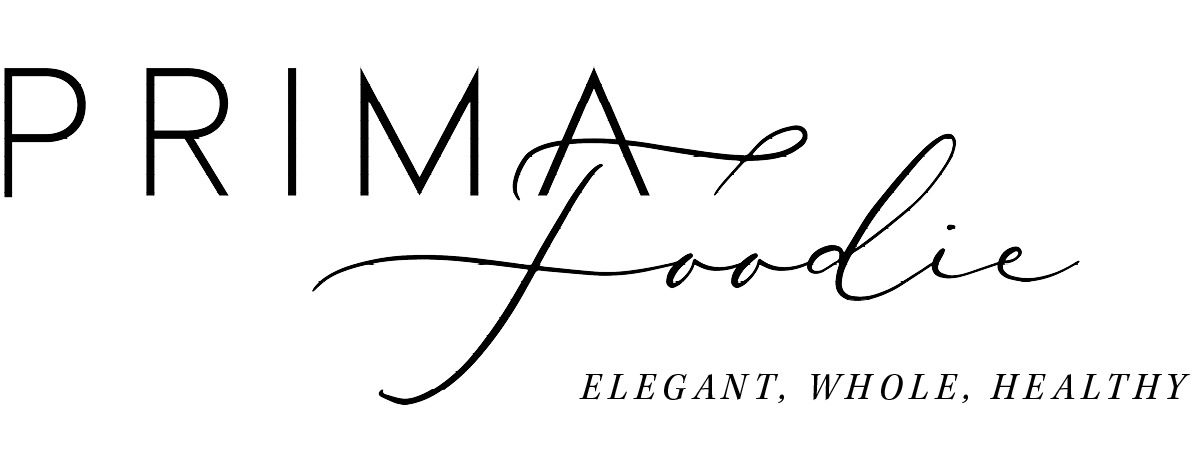The PrimaFoodie Guide to Amazon Alternatives
Choosing to support smaller brands and companies can be harder than expected. It requires determination and the time to research and vet alternative options. Making such a change can be particularly daunting when you’re aiming to forgo the services of one of the world’s largest online retailers: Amazon.
Since its inception, Amazon has seen its share of employee and customer boycotts. Some people withdraw from Amazon due to reports of poor employee working conditions. Others aim to support channels that encourage and help to sustain small brands and companies.
Whatever the case may be, a growing swell of interest to exit the services and goods of Amazon continues. If this is of interest, there are alternative shopping platforms—thankfully, an increasing number. We’ve rounded up the top six to consider when purchasing clean, local, sustainably sourced foods, self-care items, and home goods.
Thrive Market
We’ve applauded this community-focused online marketplace many times before. With a giant curated selection of organic, non-GMO, and sustainably made foods, pantry items, and home and personal goods, Thrive offers a clean e-commerce selection that is hard to beat. The site is easy to shop, with items divided into obvious market sections and dietary and lifestyle needs. The company creates its own line of products and offers carbon-neutral shipping in recyclable packaging.
Package Free Shop
Lauren Singer, the founder of this Brooklyn-based online shop, is a true plastic-free pioneer. With the founding of Package Free Shop she and her team have helped to offer a fun, convenient way to shop for personal, pet, and home goods free of unnecessary plastics and coverings. The range, which is all from independently owned brands. (We absolutely love the kitchen section.)
World Market
This online marketplace, which also has stores across the country, continues to surprise us in the food and kitchen department. With a strong emphasis on global, fair-trade, and niche, the specialty spices, nuts, and jarred goods here are varied and hard to find. While this retailer is by no means perfect (there is still a wide range of mass-produced items, including furniture, here) it does provide a solid default option for finding smaller brands that value sustainability and ethics.
Etsy
When Etsy sprouted out of Brooklyn in 2005, no one ever expected it to have the impact that it does today. This global online hub allows small artisans to sell their goods and has grown to be a premier go-to resource for supporting local, small and consciously made products. Etsy now has B Corporation status, which means it must consider the welfare of its employees and the environment in all that it does. With an assortment from personal care to furniture to jewelry, this company offers a giant selection. (It is also the first online shop to offset all its carbon emissions from shipping.) In this time of uncertainty, many have turned to support Ukrainian Etsy makers as an alternative means of helping those in need.
Bookshop
It’s common to look to Amazon as the default option for buying books online. Thankfully, Bookshop.org has sprouted and made both buying books and supporting small, independently owned bookstores easy. Another certified B Corporation, Bookshop partners with small shops across the nation to offer essentially any and every book title. This company is generous with its profits, giving away more than 75 percent of its margin to the authors and shops. This is the PrimaFoodie go-to for all new cookbook releases.
Grove Collaborative
Grove Collaborative, which launched only a few years ago, aims to be completely plastic-free by 2025. An online retailer, it offers an assortment of personal, beauty, and household items, all of which have been vetted by their very strict set of standards that includes ingredient transparency (including no items that include artificial “fragrances”), no animal testing, and item that comes from ethical supply chains.
